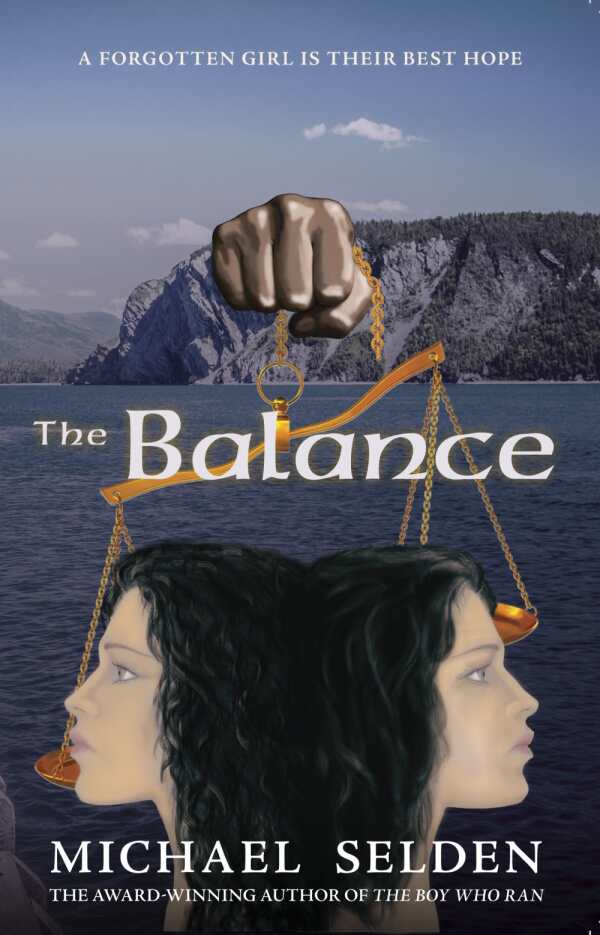The Balance
This morally gray dystopian novel is as thought provoking as it is entertaining.
Michael Selden’s The Balance is an intelligent and engaging story about Phoebe, a psychically gifted teenager living under the rule of a strict theocracy. She is contacted in her dreams by her mother, who she thought was dead, and starts down a path of self-discovery, trying to learn more about her past and her powers. Her life, however, may have more significance than she understands. As her abilities grow she is unknowingly led toward a destiny that may change the entire world.
Nearly two hundred years after a global nuclear war, the Land is ruled by the Council—a religious organization that believes that technology was the cause of the war and is therefore sinful, and the Order—who agree that technology used to create weapons was wrong, but want to preserve most technology and even improve on humanity through genetic engineering—in an agreement known as The Balance. When an asteroid strikes the earth, the Council uses the resulting chaos to oust the Order and establish itself as the ruling body of the Land.
Phoebe is the last of the Order’s genetic experiments into developing psychic sensitivity, born just as the asteroid strikes. She lives her life under the rule of the Council, trying to keep her abilities hidden. As her powers grow, the leaders of the Order, who went underground but did not cease to exist, see in her the potential to restore The Balance—if only they can keep her alive.
The Balance is a well written book. Phoebe is a relatable character—shy and lonely, she wants a normal life. Her father Daniel, grandfather Jacob, and boyfriend Caleb are very likable—they all want to help and protect Phoebe. Though the basic premise of a young girl destined to change a harsh political landscape will be familiar to many, Selden has added interest to the story by exploring the political climate of his world. He explains the Council’s fears:
Some of the most respected theologians of the day believed that there was a relationship between unrestrained technological knowledge and original sin—the knowledge of good and evil. These scholars believed that destruction was an inevitable consequence of too much knowledge being made available, and that, sooner or later, war would happen again.
Selden pits the Council against the Order, a group willing to pursue technological advancement through the ethically questionable means of genetic engineering. By exploring the difference between these two extremes without ever fully casting judgment for or against either faction, the author creates a narrative that is thought provoking as well as entertaining.
The Balance is a highly creative, thoroughly enjoyable book. The author leaves plenty for his characters to do in the next book, and will leave young fans anxious for the next installment.
Reviewed by
Catherine Thureson
Disclosure: This article is not an endorsement, but a review. The publisher of this book provided free copies of the book and paid a small fee to have their book reviewed by a professional reviewer. Foreword Reviews and Clarion Reviews make no guarantee that the publisher will receive a positive review. Foreword Magazine, Inc. is disclosing this in accordance with the Federal Trade Commission’s 16 CFR, Part 255.

